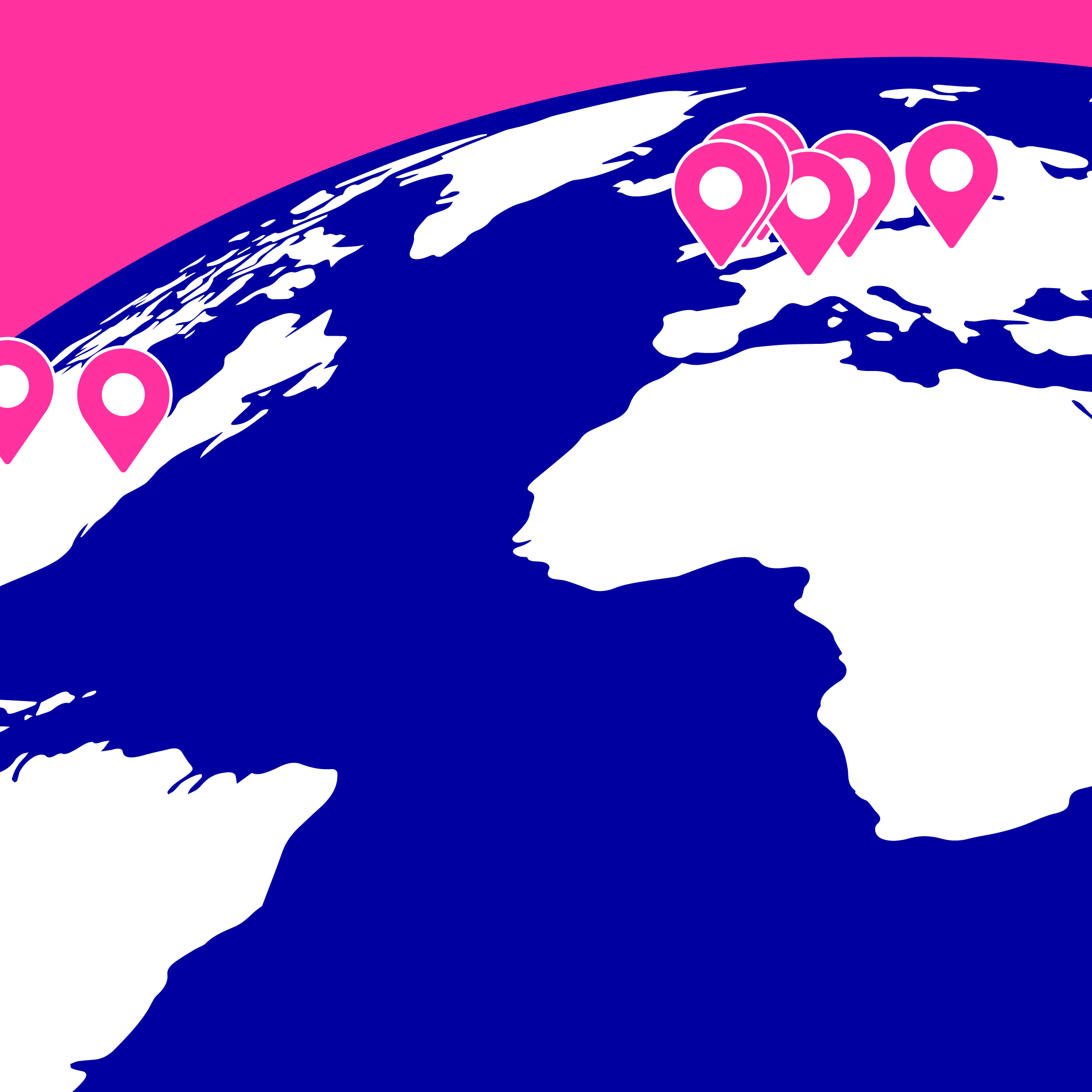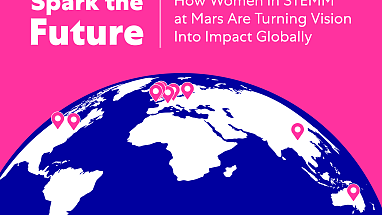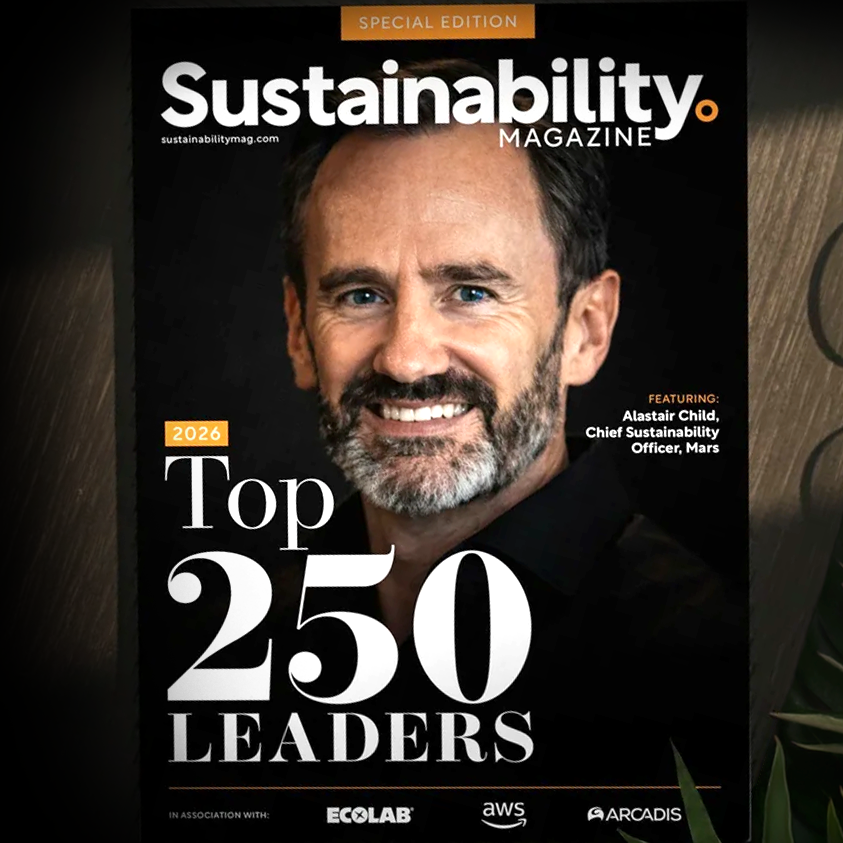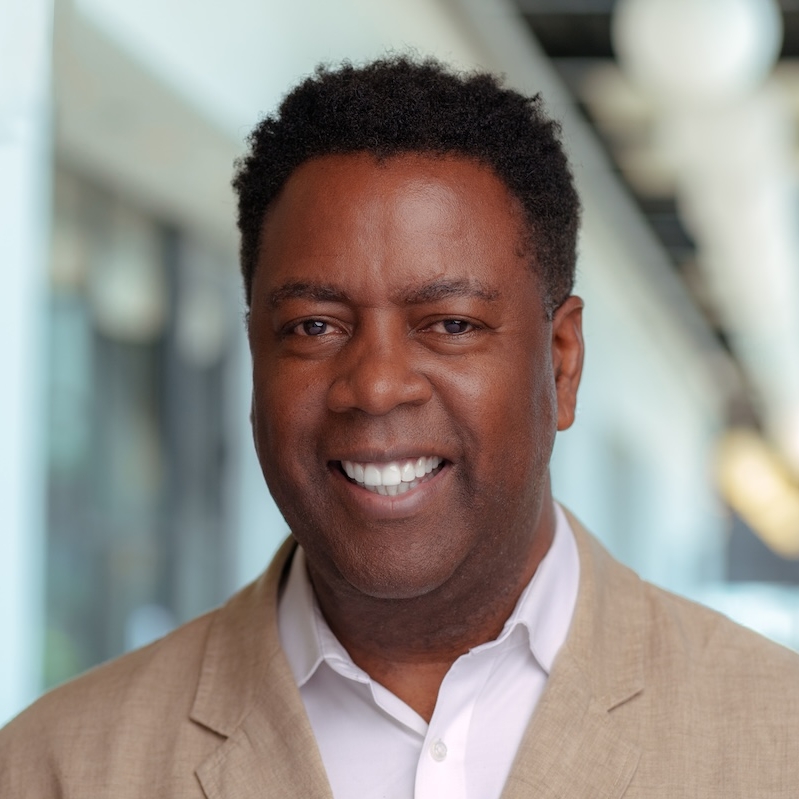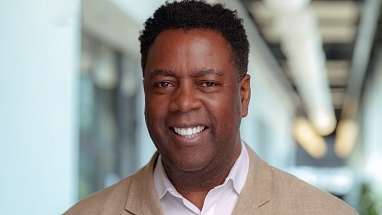Once a year, around more than 30 Nobel Laureates convene in Lindau, Germany to meet the next generation of leading scientists: 500 top undergraduates, Ph.D. students, and post-doc researchers from all over the world. The Lindau Nobel Laureate Meetings fosters exchange between scientists of different generations, cultures, and disciplines.
The Mars Fellowship program offers this unique opportunity to talented young scientists to give them a unique experience as they forge their scientific careers. Mars has partnered with Lindau Meetings for over a decade – and is committed to fostering meaningful scientific dialogue that helps shape the world we want tomorrow.
J. D.’s background and career to date
J.D. Schonhoft is a Senior Principal Scientist and Clinical Biomarker Lead at Repare Therapeutics. He has been working in the field of disease biology for 8 years after completing his Ph.D. in Molecular and Computational Biophysics in 2014. His current research focus is in precision medicine, helping to integrate molecular diagnostics including next-generation sequencing in the field of Oncology.
In 2013, he attended the 63rd Lindau Nobel Laureate Meetings as a Mars Fellow. We caught up with him to see where his career has taken him since attending the meetings and what impact the Mars Fellowship had on him as a young scientist.
Q: Tell us a bit about yourself.
A: I have been interested in science from a young age and I especially enjoy the creative aspect. Given this innate interest, I obtained undergraduate and master’s degrees in chemistry and then went on to pursue my Ph.D. at Johns Hopkins University in the School of Medicine in biophysics. My graduate research mainly focused on DNA repair biology, which plays an important role in cancer as well as other diseases. Since graduating from Johns Hopkins, my primary area of focus has been clinical biomarker discovery and precision medicine. I was fortunate to receive additional training at Scripps Research in California, an institution known for its innovation, and for the last several years I have worked at multiple biotech companies in the private sector focusing on oncology.
Q: You mention that you enjoy the creativity within the scientific process; is this what sparked your interest in research?
A: There are so many challenges when conducting research. In many cases, you simply don't know what's going to happen. I have always enjoyed being at the forefront of that challenge. I'm a natural risk-taker; I enjoy the excitement of discovery and the creativity behind designing experiments. It's certainly not a typical day job.
At my current company, we are conducting multiple human trials of new cancer drugs. The process is very scientific, there are many unknowns, and it’s exciting to see the progress and the potential to improve patients’ lives. It's very motivating and fulfilling work and I feel fortunate to be a part of that process.
Q: Let’s rewind to 2013: what were your research interests and how did you feel about the opportunity to attend the Lindau Nobel Laureate Meetings?
A: I attended the Lindau Nobel Laureate Meetings early in my scientific career and found it to be highly influential in helping me to define my research focus. At the time, I only really interacted with people in my lab and department, so my focus was quite narrow. It created a bit of a research echo chamber with very little exposure to what else was out there.
Within science, it’s important to have a wider worldview and understand what else is possible. Innovation happens at these intersections of fields so gaining a better understanding of other research areas is invaluable.
Along this line, one of the best experiences of attending Lindau was meeting people in these different fields. I had the opportunity to talk to very talented scientists, people who had won Nobel Prizes obviously, and seeing the raw passion and hearing about different fields and the diversity of it was powerful. It helped open my eyes to what else is out there and I know many of the students that were in the 2013 cohort felt the same way. From that perspective, it helped me refine the direction that I wanted to go.
Q: What was a highlight of your fellowship experience?
A: The experiences that stuck with me most were the casual social gatherings with other students and the Nobel prize winners. One example was visiting Mainau Island on Lake Constance. It was such a unique experience getting to know everyone in these contexts and from the laureates specifically in the way they thought about the world and the scientific process. Specifically, I remember talking to the Nobel Laureate Steven Chu the former U.S. Secretary of Energy only a few months after he finished serving the Obama administration and hearing about his ideas to combat global warming and about his time in the administration. Having these types of conversations at that stage of my career was very inspiring and helped me rethink in many ways how I approached science and about the potential impact, good work can have.
Q: What were some of the commonalities you noticed in your cohort of Mars Fellows?
A: The most universal element was passion. Everyone was so excited about the research they were doing. Anyone who has worked in a lab knows this isn’t always the case especially when funding is sparse or when the job market is tight – so staying positive about the work or even career direction which is often uncertain can weigh on a lot of people. Similarly, so in biotech start-ups. The atmosphere at Lindau was palpable and it was so thrilling to be a part of it. There are good days and of course bad days as a scientist, but attending events like Lindau, getting to talk about your work, learning what others are doing, and finding a common thread is really refreshing. I am grateful to have experienced that, and especially so during that junction of my career as it gave me confidence in the decisions and life path I had taken to that point.
Q: Why is it important that companies like Mars engage with next-generation scientists like yourself in tackling the world’s great problems?
A: Early-career scientists face a myriad of challenges and yet often do some of the most important scientific work. There can be an aversion to pursuing high-risk projects as an example and Mars and the rest of the private sector offer a critical support mechanism for young scientist in this regard. For me especially, the meeting specifically helped me gain a new perspective and worldview.
To learn more about the unique partnership between Mars and the Lindau Nobel Laureate Meetings, check out the below infographic video providing a snapshot of our collaboration through the years.




